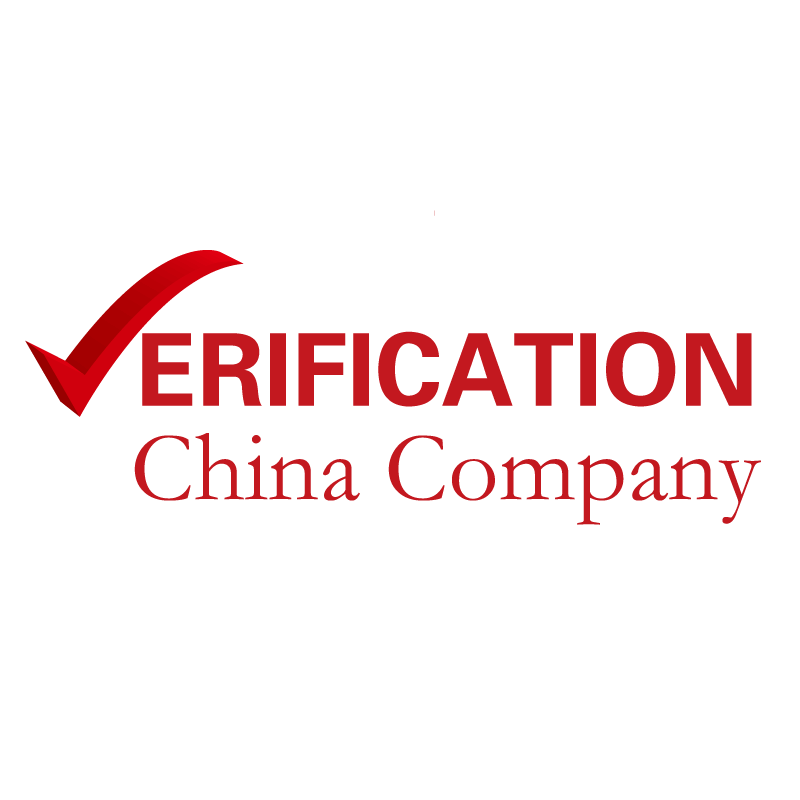Understanding China Company Verification Reports: Decoding the Essentials
Introduction
China has emerged as a global economic powerhouse with a thriving business landscape. With numerous companies operating in the region, it becomes essential for international businesses and investors to understand the credibility and legitimacy of their Chinese counterparts. This is where China Company Verification Reports play a crucial role. chinese company verification These reports provide comprehensive insights into a Chinese company’s background, registration details, financial standing, and other vital information. In this article, we will delve into the essentials of China Company Verification Reports, their importance, and how to interpret them effectively.
1. What are China Company Verification Reports?
China Company Verification Reports, also known as China Company Checks or China Company Due Diligence Reports, are detailed documents that offer a comprehensive overview of a company’s legal and financial status in China. These reports are prepared by professional agencies specializing in corporate investigations and are a valuable tool for businesses and individuals looking to engage in partnerships, collaborations, or investments with Chinese companies.
2. Why are China Company Verification Reports Important?
Due to language barriers, different legal frameworks, and the complexity of Chinese business practices, it can be challenging for foreign entities to assess the credibility of a Chinese company. China Company Verification Reports bridge this gap by providing reliable and up-to-date information, which can be crucial in making informed business decisions. Key reasons why these reports are important include:
a. Credibility Assessment
China Company Verification Reports help verify the legitimacy of a company and whether it is registered with the appropriate authorities. They reveal whether the company operates legally and has the necessary licenses and permits to conduct its business activities.
b. Financial Standing
These reports provide insights into a company’s financial health, including its revenue, profits, and debts. Understanding a company’s financial position is vital when considering partnerships or financial investments.
c. Legal and Administrative Status
A China Company Verification Report includes details about a company’s legal representatives, shareholders, and company structure. This information is essential for understanding the ownership and governance of the company.
d. Risk Mitigation
By obtaining a thorough understanding of a Chinese company through a verification report, businesses can identify potential risks and assess whether engaging with the company aligns with their risk appetite and long-term goals.
e. Compliance and Due Diligence
For multinational companies adhering to strict compliance regulations, conducting due diligence on potential business partners is essential. China Company Verification Reports assist in meeting these compliance requirements and conducting thorough due diligence.
3. Essential Components of China Company Verification Reports
A typical China Company Verification Report includes various crucial components. While the exact structure and content may vary among different service providers, the following elements are commonly found:
a. Basic Company Information
This section provides general details about the company, such as its name, registration number, type of company (private or public), date of incorporation, and registered address.
b. Legal Representative and Shareholders
Details of the company’s legal representative(s) and major shareholders are outlined here. It helps identify the individuals responsible for the company’s operations and provides insights into its ownership structure.
c. Business Scope
This section describes the core business activities and operations of the company. Understanding the business scope is crucial to ensure that it aligns with the intended collaboration or investment.
d. Registered Capital
The registered capital is the initial capital invested in the company during its registration. It indicates the financial capacity and stability of the business.
e. Company History and Changes
This part of the report outlines the historical changes in the company’s registration details, such as alterations in legal representatives, shareholders, or registered address.
f. Financial Statements
Financial data, including revenue, profits, and liabilities, are presented in this section. It provides insights into the company’s financial health and performance over a specific period.
g. Legal and Regulatory Compliance
This component highlights any legal disputes, litigations, or regulatory penalties faced by the company. It is crucial to assess the company’s adherence to the law and potential legal risks.
h. Intellectual Property Rights (IPR) Information
If applicable, information about the company’s intellectual property rights, trademarks, or patents is included. This is especially relevant for businesses dealing with technology or innovative products.
4. Interpreting China Company Verification Reports
Interpreting China Company Verification Reports requires attention to detail and a clear understanding of the Chinese business landscape. Here are some tips for effective interpretation:
a. Cross-Verification
While China Company Verification Reports are valuable resources, they should be cross-verified with multiple sources, including official government databases, to ensure accuracy and authenticity.
b. Seek Expert Assistance
Interpreting these reports can be complex due to cultural and legal differences. Seeking assistance from experts or professional agencies experienced in Chinese business practices can provide valuable insights and guidance.
c. Analyze Financial Trends
Pay close attention to the company’s financial trends over time. Look for any irregularities or sudden fluctuations in revenue or profits, as they may indicate potential financial risks.
d. Scrutinize Legal and Compliance Issues
Thoroughly review any legal issues or regulatory penalties faced by the company. Assess the severity of these issues and their potential impact on future operations.
e. Consider Contextual Factors
Understanding the broader economic and political context in which the company operates is essential. Factors like industry trends, government policies, and market competition can influence a company’s performance.
Conclusion
China Company Verification Reports are powerful tools for international businesses and investors seeking to engage with Chinese companies. These reports offer vital insights into a company’s legal and financial standing, helping mitigate risks and make well-informed decisions. By understanding the essentials of these reports and interpreting them effectively, businesses can navigate the Chinese market with confidence and establish successful partnerships. However, it is crucial to acknowledge that while these reports provide valuable information, they should be complemented with expert advice and cross-verification for comprehensive due diligence.




